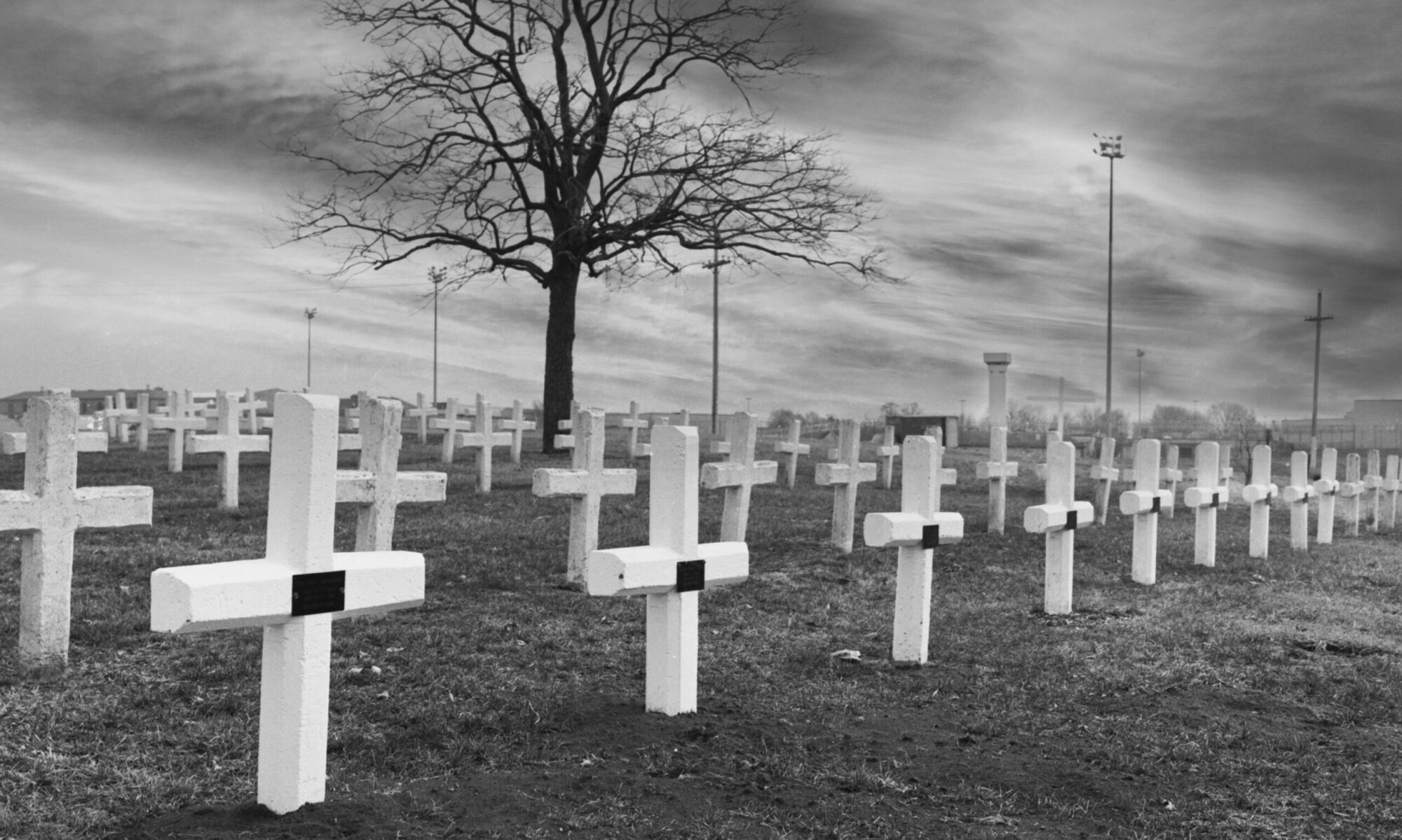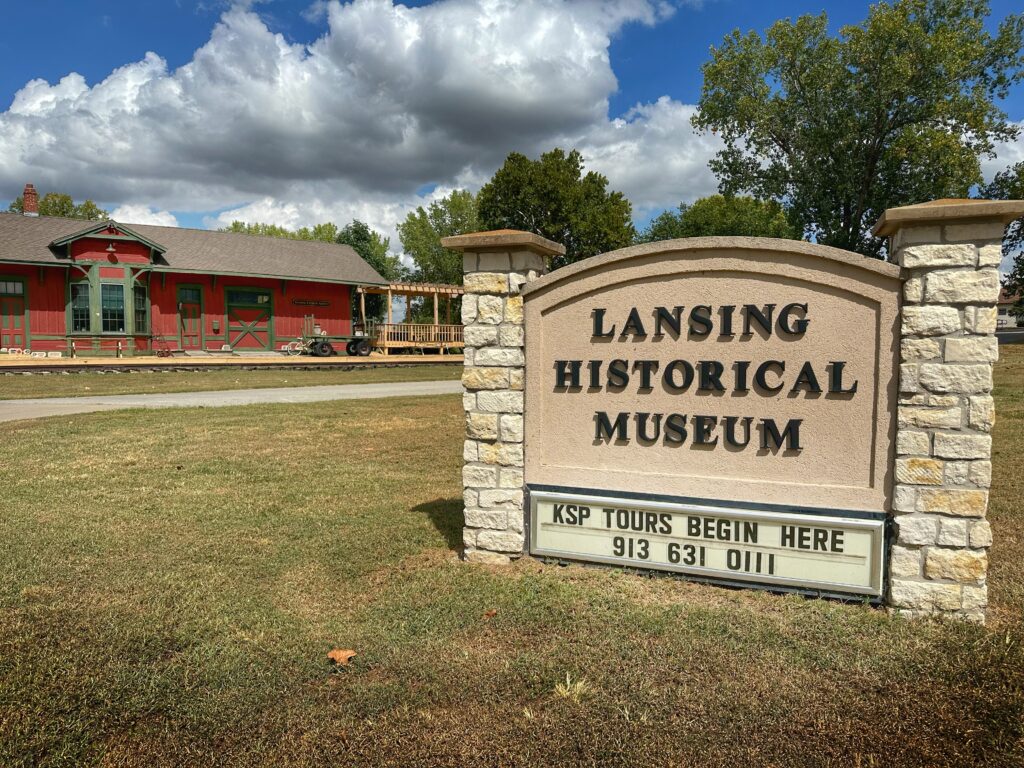
The Lansing Historical Society and Museum is situated on the Kansas State Penitentiary grounds, serving as a vital center for the local community’s history. It focuses on preserving and sharing the unique heritage of Lansing and the surrounding Delaware Township, with significant emphasis on the roles of railroads, prisons, and coal mining in shaping the area.
The Museum Experience
Housed in a meticulously restored 1887 Atchison, Topeka & Santa Fe Railway depot, the museum is more than just a display of artifacts; it offers a rich, immersive experience through local history. Visitors can explore an extensive collection of photographs and historical documents, including school images dating back to 1908, providing a comprehensive understanding of the region’s past.
Mission Statement
The mission of the Lansing Historical Society is to safeguard and share the rich history of Delaware Township, including the City of Lansing and the town of Progress. Through our collections and exhibits, we aim to preserve authentic historical materials and broaden the public’s awareness of local stories.
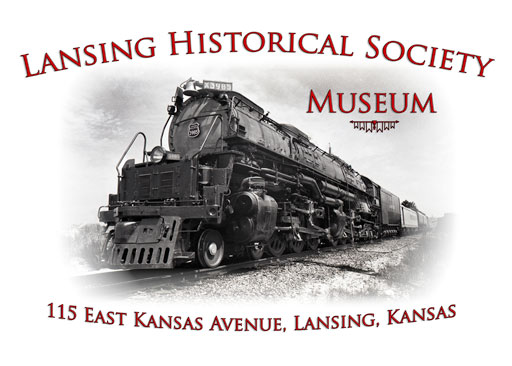
Trains and Trolleys
The museum highlights the profound impact of the transcontinental railroad on the nation’s growth during the Civil War. Notable railroads, including the Kansas City-Western Railway Co., traversed through towns in Delaware Township, connecting communities and fueling economic development. The museum’s collection includes railroad maps, documents, timetables, and photographs that chronicle this important aspect of local history.
The Coal Mines
Established in 1859 by the Kansas Territorial Legislature, the Kansas State Penitentiary is one of the oldest correctional institutions in the U.S., designed by local architect Erasmus T. Carr. The facility significantly influenced the development of the area, fostering the growth of the nearby Town of Progress.
From 1944 to 1965 it conducted hangings for capital punishment with notable cases including those of Lowell Andrews and the Clutter family murderers, Perry Smith and Richard Hickock, whose stories are immortalized in Truman Capote’s novel, “In Cold Blood.” Smith and Hickock were hung April 15, 1965 followed by George Lathrop and James York two months later on the 22 June.
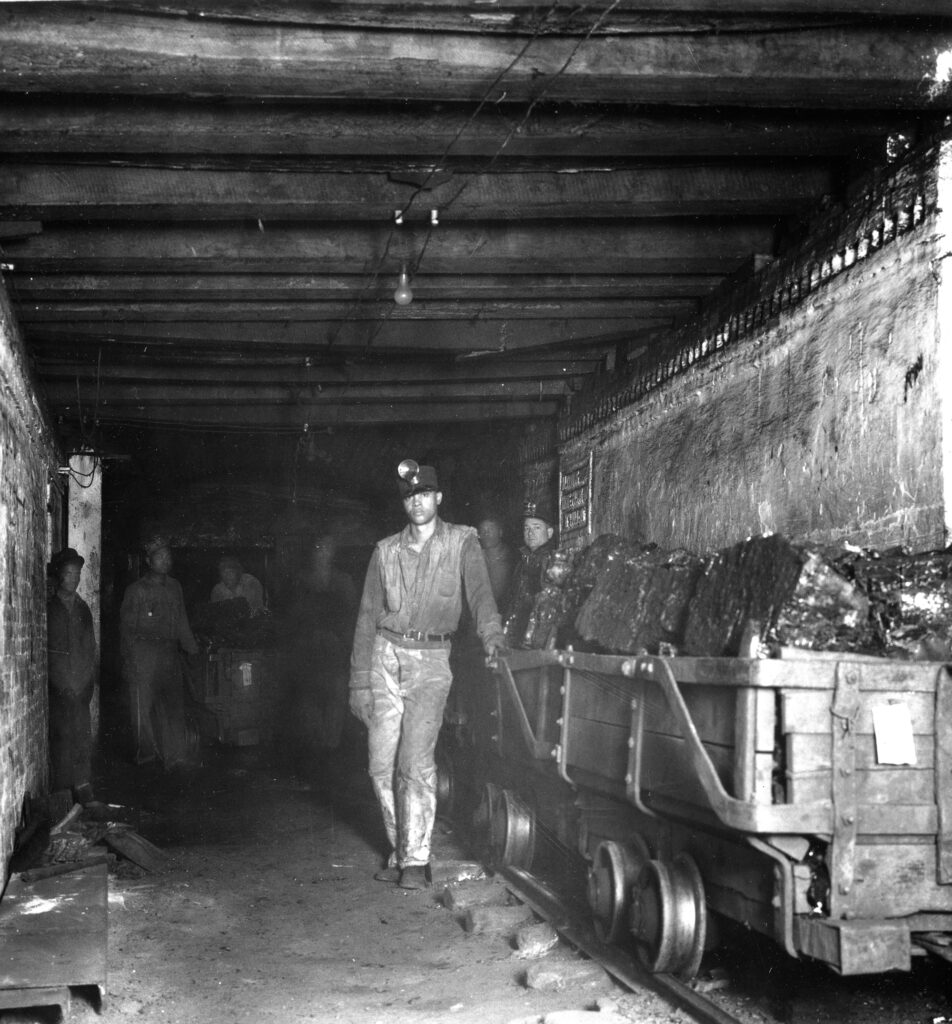
The discovery of coal in Delaware Township led to the establishment of several coal mines, including Carr, Brighton, and the Kansas State Penitentiary. KSP not only utilized its coal resources to power its operations but also supplied fuel to numerous state buildings, highlighting the prison’s role in the states economy.
Kansas State Penitentiary
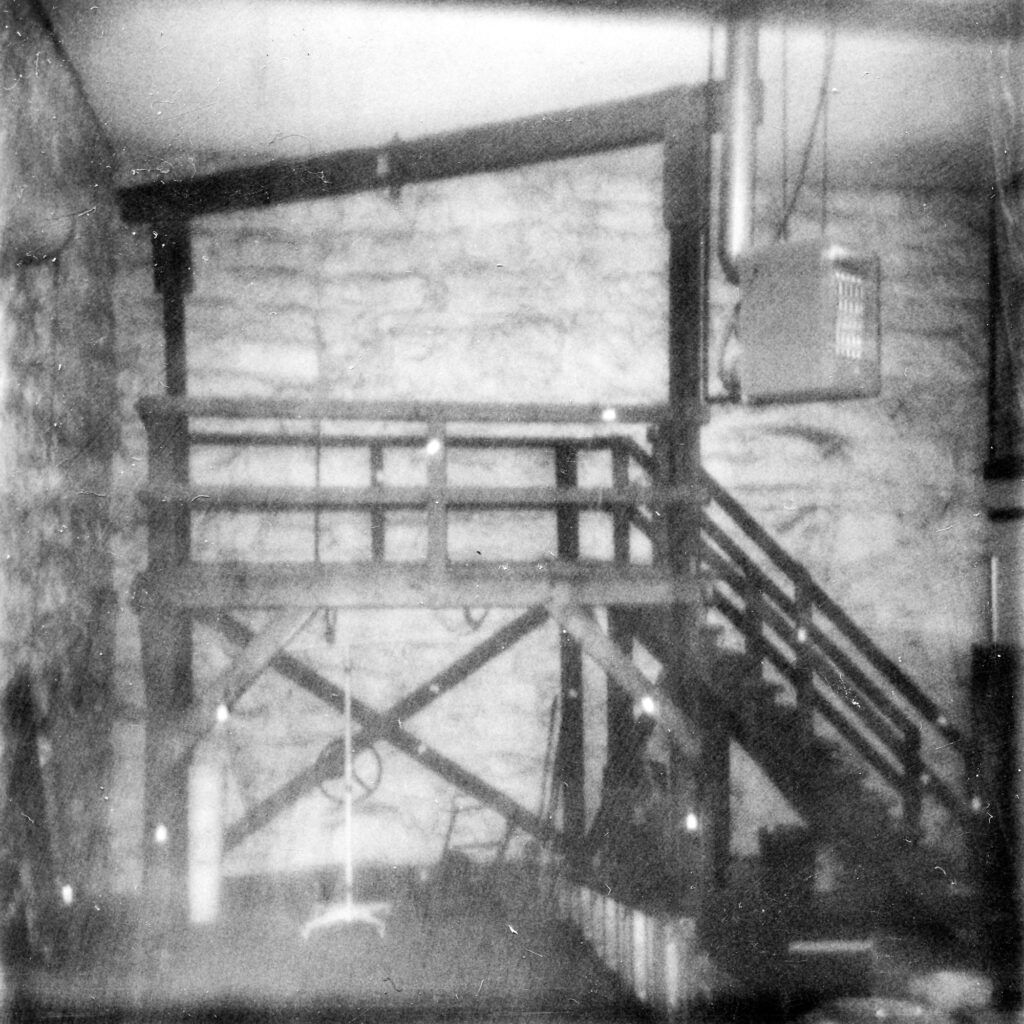
Perry Edward Smith
October 27, 1928 – April 14, 1965
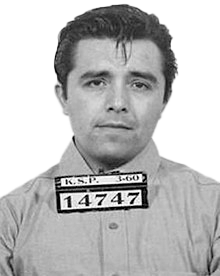
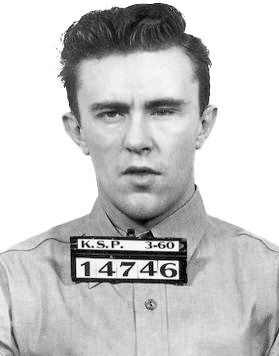
Richard Eugene Hickock
June 6, 1931 – April 14, 1965
History of
Delaware Township
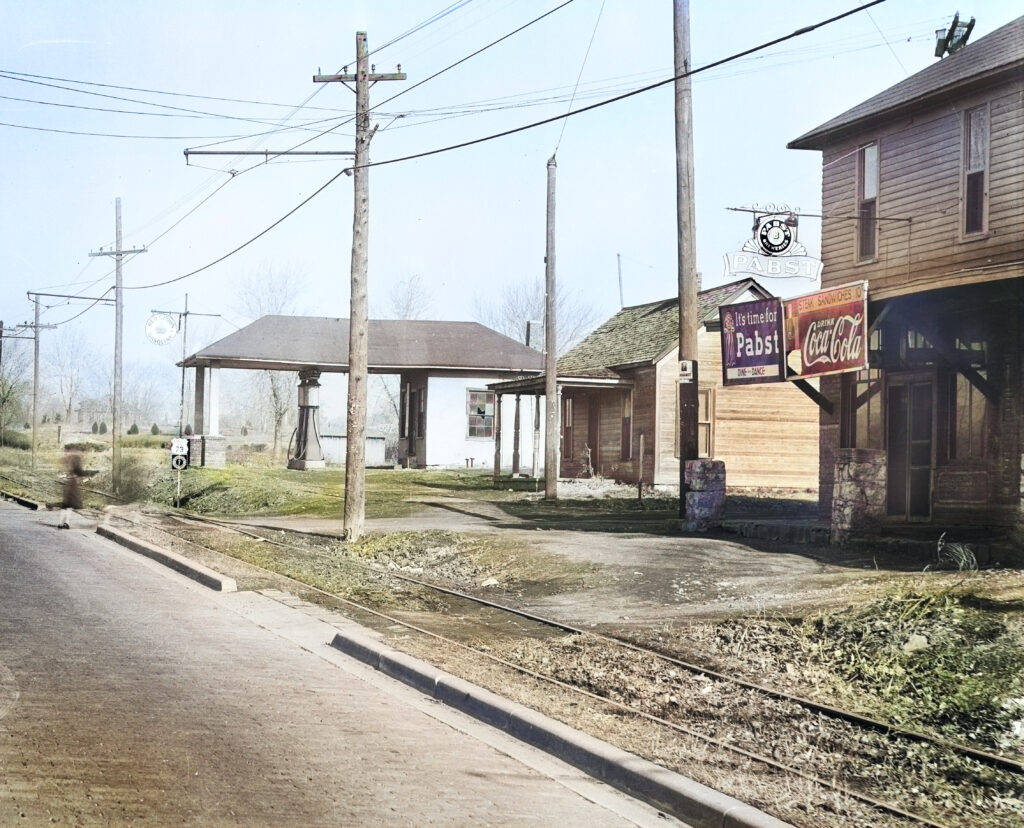
Delaware Township is the historical heart of the Lansing region, encompassing several former towns, such as Progress, Brighton, and Wadsworth. The township’s history includes the development of the Brighton Mine and the flourishing agricultural sectors, like the Ryan Brothers Cattle Farm, highlighting the diverse economic landscape of the area from the late 19th century to today.
The Lansing Historical Society and Museum plays a crucial role in preserving this intricate tapestry of history, ensuring that future generations can learn about and appreciate the rich legacy of their community.
